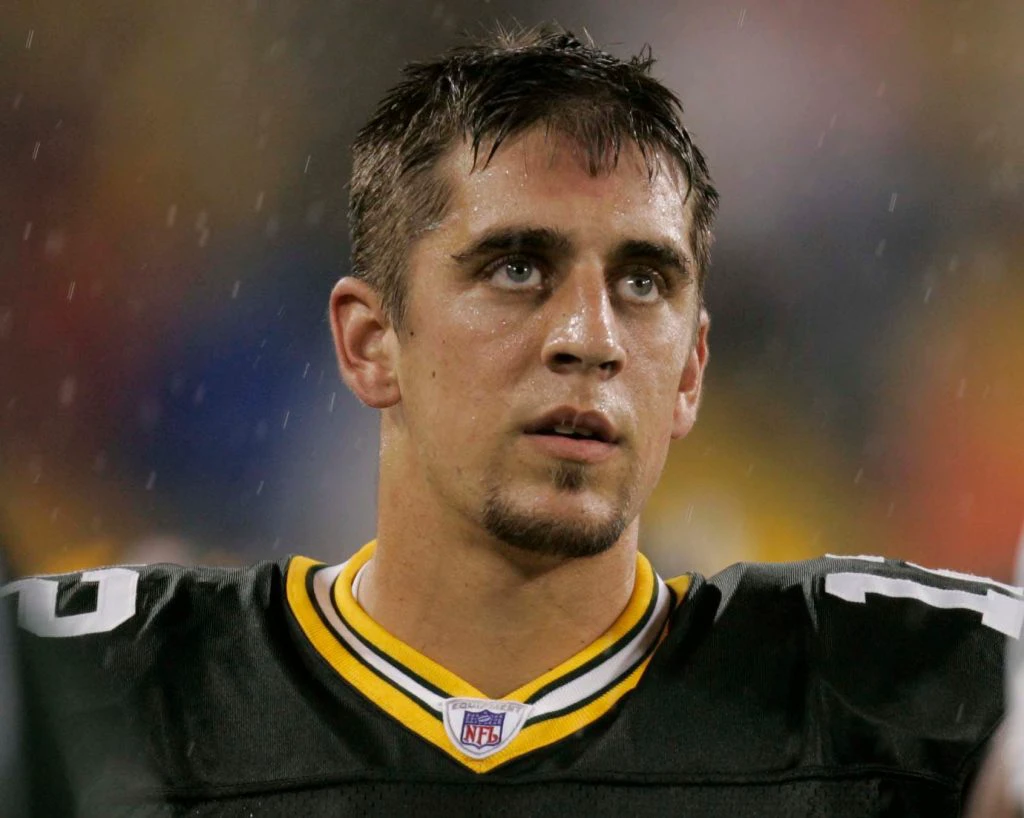An air of anticipation and strategic calculation now surrounds the Patriots as they step into the uncertainty of their fourth overall pick.
The possibility of trading down if key targets slip underscores the intricate dance between draft potential and long-term team strategy.
Draft Dilemma
The Patriots are facing a scenario where they might not secure two of their top targets, Travis Hunter and Abdul Carter, if they remain available at the crucial fourth pick. This looming uncertainty has set the stage for a pivotal decision: should they adapt by trading down the order, or risk missing out on a prospect who could redefine their future? As the draft approaches, the pressure mounts on the organization to balance immediate needs with the promise of future talent.
Potential Trade Partners
Emerging analysis suggests that if prospects like Shedeur Sanders or Cam Ward slip in the draft, the door could open to intriguing trade discussions with teams known for their quarterback acumen. Specifically, both the Raiders and the Saints come into focus as viable partners. With the Raiders holding the sixth pick, a modest two-pick drop could allow the Patriots to maximize their draft value-a nuanced move in a landscape where every selection could alter the club’s trajectory.
Raiders Perspectives
The strategic interplay becomes even more layered when considering the Raiders’ recent maneuvers. Their acquisition of Geno Smith paired with a contract extension indicates a premeditated approach to securing a quarterback. Intriguingly, despite previous links between New England and the Raiders, the latter’s renewed focus on their quarterback depth might make them less eager to engage in significant trade moves at the onset of the draft. Yet, the lingering possibility of a trade remains vibrant should a promising quarterback prospect emerge unexpectedly.
Strategic Implications
This potential trade scenario is not just about acquiring a single player; it reflects a broader recalibration of team-building philosophy. For New England, the decision to potentially trade down is a testament to their willingness to embrace flexibility over entitlement. Conversely, the Raiders’ positioning-evidenced by their draft maneuvering and prioritization of quarterback talent-illustrates the dynamic nature of modern roster management. In this complex chess game, every pick and counter-offer holds strategic weight toward reshaping competitive landscapes.
Reflecting on the Future
Navigating the uncertainty of draft picks is no small task, and the Patriots’ current crossroads serves as a microcosm of the evolving strategies in professional sports. The unfolding scenario offers a glimpse into how teams must continually reassess their priorities and tactics. As the draft day nears, this interplay of potential trades and strategic pivots will likely influence not only immediate choices but also set the tone for future ambitions. Ultimately, the situation invites us to reflect on the balance between risk and reward, urging teams to remain adaptable in a game where each twist of fate can have a lasting impact.
